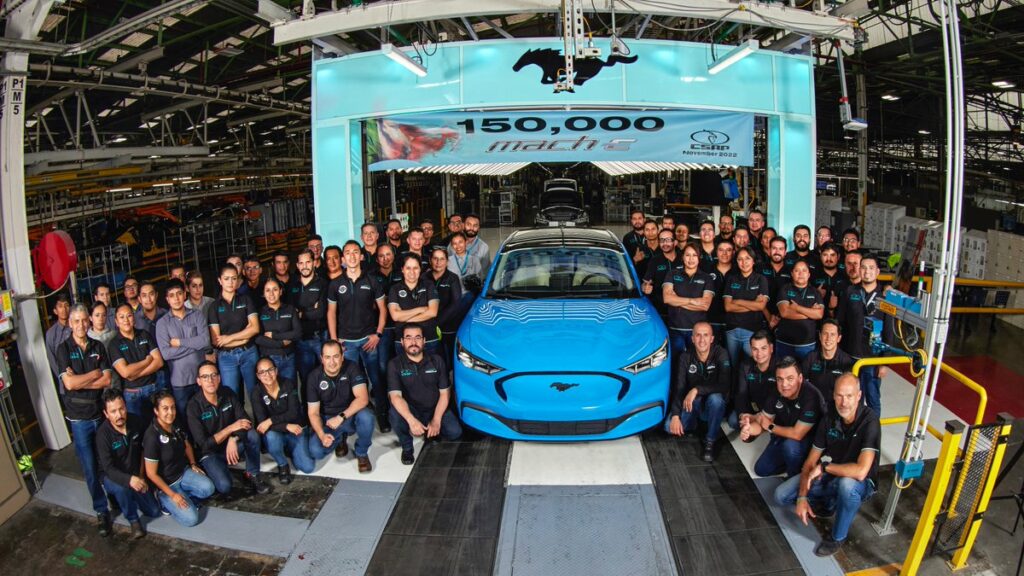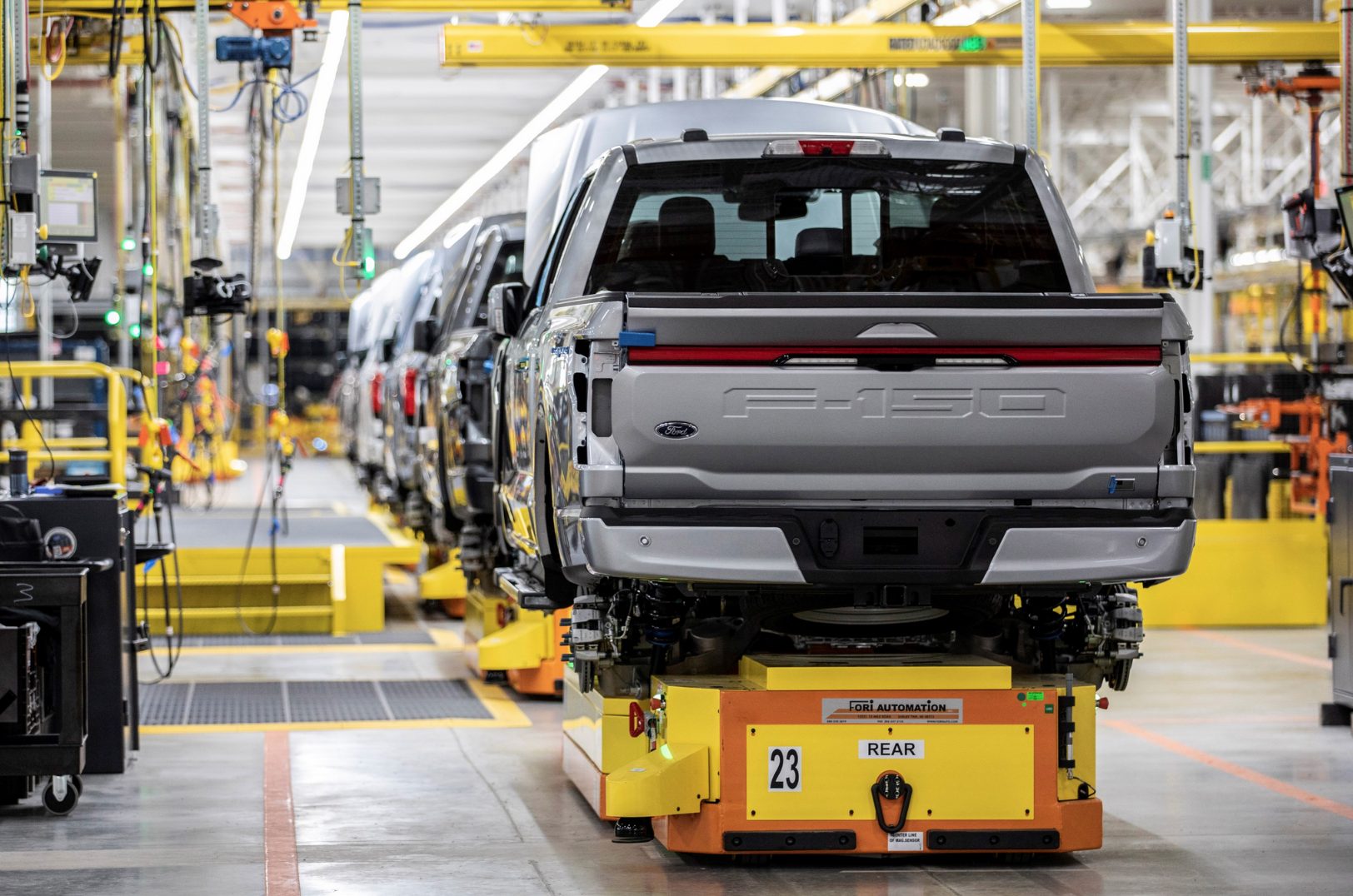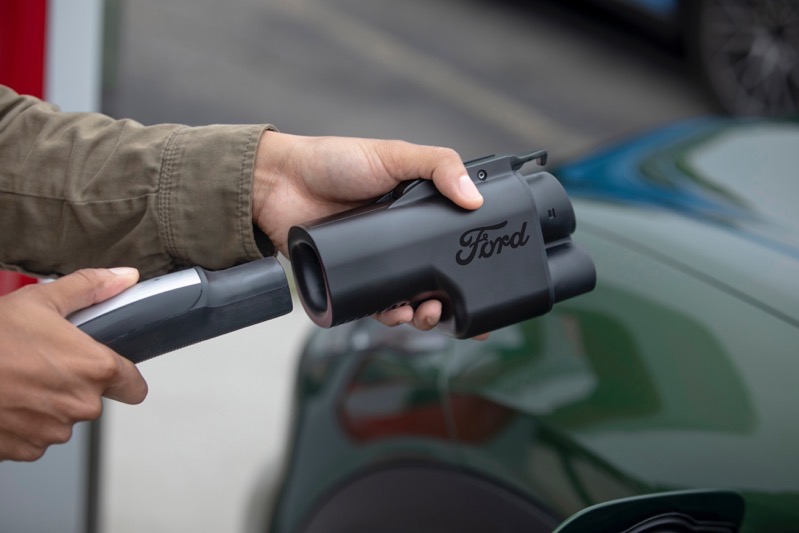Ford Dealers Hesitant on EV Commitment, Half Opt to Delay
Ford Motor Company faces a significant divide among its dealers regarding the transition to electric vehicle (EV) sales and services.
According to the Detroit Free Press, approximately half of Ford’s dealers in the United States, totaling around 1,550, have opted not to sell EVs in 2024. Instead, they are waiting to decide whether to invest in the necessary infrastructure for selling and servicing electric vehicles.
Marty Gunsberg, a Ford spokesperson, explained that “EV adoption rates vary across the country and we believe our dealers know their market best.” He noted that over 50% of Ford’s network has enrolled for 2024, ensuring that 86% of the population is within 20 miles of a Ford dealership capable of selling and servicing EVs.
This cautious approach marks a shift from a year ago when Ford CEO Jim Farley reported that two-thirds of Ford dealers had committed to selling EVs. Since then, some dealers have withdrawn from the initial enrollment in the Model e Program, which was set for the 2024 to 2026 period.
Ford plans to introduce signage at dealerships to identify them as either Model e Certified Elite or Model e Certified, indicating their capability to sell EVs and provide fast charging services. This move is significant in addressing the challenge of finding charging stations for EV consumers.
The initial cost for dealers to install charging infrastructure was estimated between $500,000 and $1.2 million. However, backlash and lawsuits from dealers led Ford to reduce the number of required charging stations, thereby lowering investment costs. The automaker has not disclosed specific details about which dealerships will proceed with EV investments but indicated that dealerships in EV-friendly states like California are more likely to move forward.
Unlike General Motors, which is offering buyouts to dealers opting out of the EV market, Ford is not pursuing a similar strategy. This decision comes as Ford scales back on its F-150 Lightning production and reduces additional EV investments due to slower-than-expected demand for its EV products.


